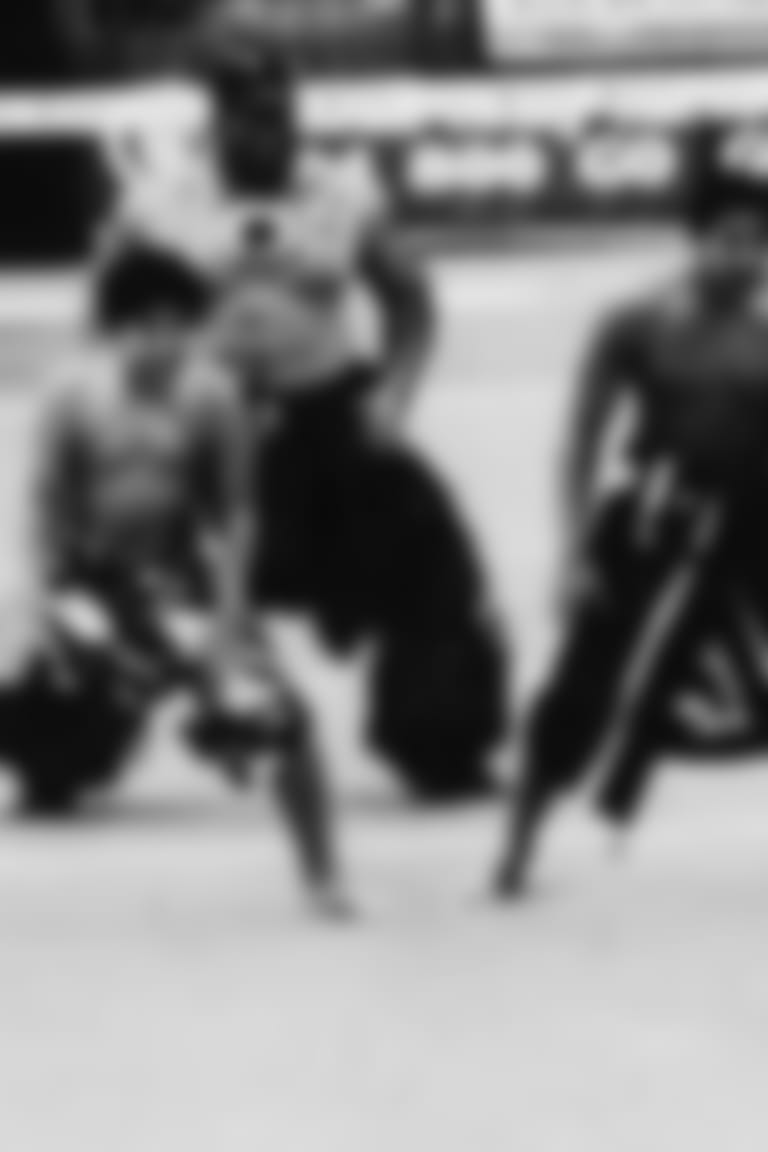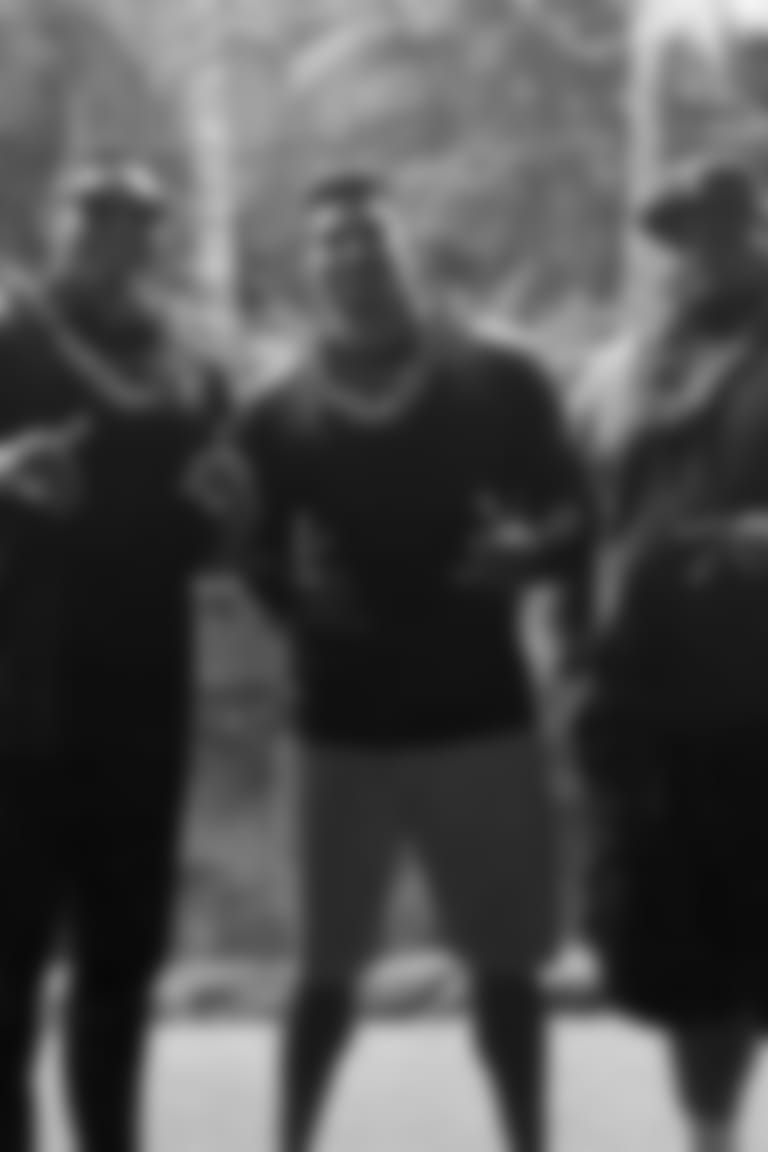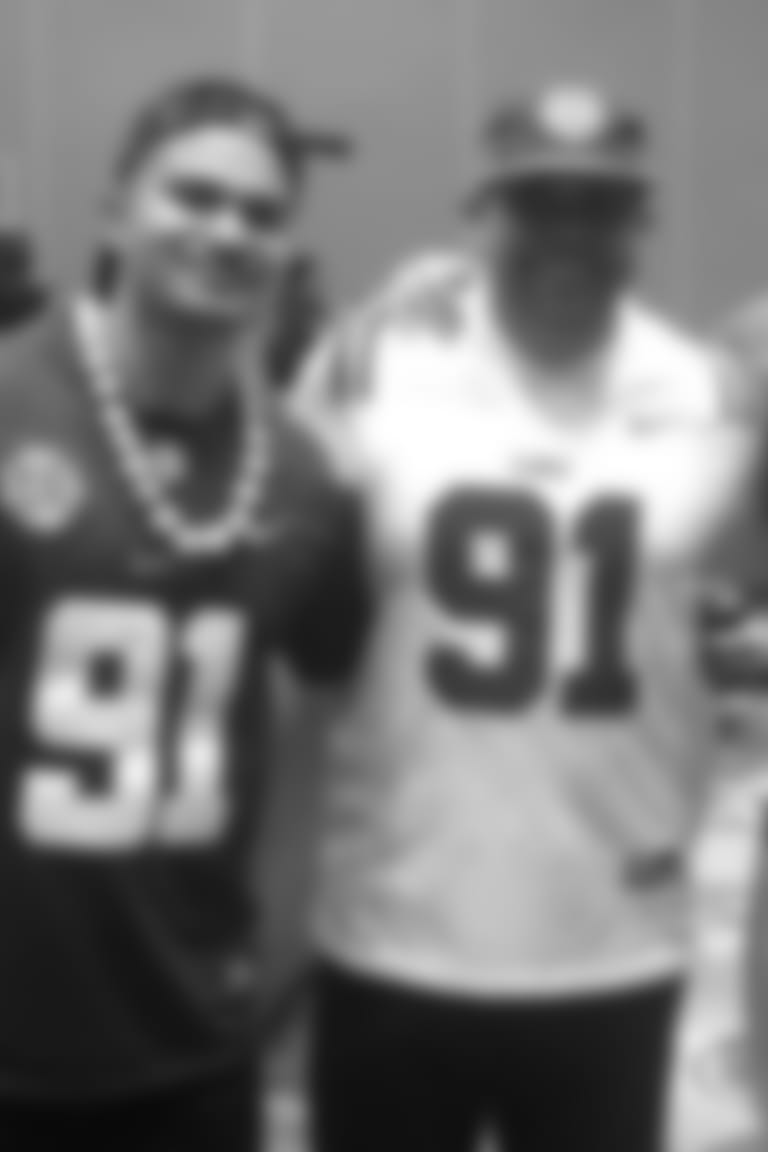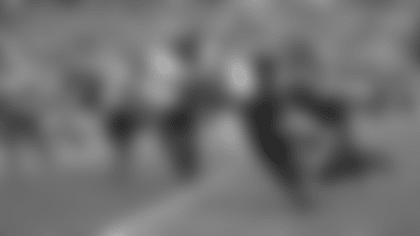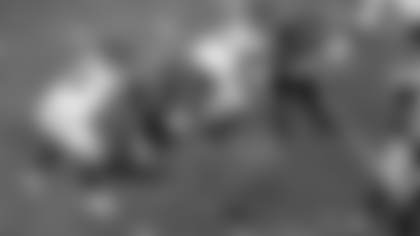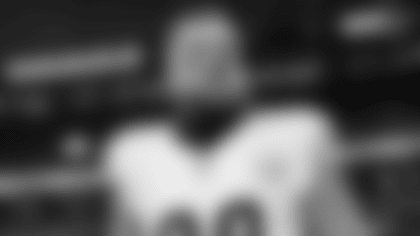As luck – and good fortune – would have it, football came knocking once again when June Jones took over as the head coach at the University of Hawaii in 1999.
Early in his tenure, Jones and the Rainbow Warriors were playing in a bowl game in their home state and both teams visited the Polynesian Cultural Center as part of the week's activities.
Vili Fehoko, one of the featured entertainers, put on a show that had both teams buzzing.
"I came out and I played those drums. I had about 10 of them. I just rocked the place upside down," Vili recalled. "Both teams went crazy. I made the place go crazy. June Jones saw that for the first time and he told one of his coordinators, 'I want that guy to be part of my program.' Long story short, people said I became the mascot. A mascot is like a student. I became like a guy who came in and got the crowd started at the stadium.
"I would come in and do the opening and at halftime and then I left. People would be like, 'Hey, we're winning in the first half and we lost the second half. The drummer left. How can we get him to stay.' We sat down and worked out a contract. Hawaii is the Warriors. Since then, I stuck with that name, Vili the Warrior."
Vili the Warrior became a mainstay for the Rainbow Warriors. And he incorporated his four sons – well, at least three of them – into his show each game at Aloha Stadium.
Whitely, Sam and V.J., would get the crowds going at the games and keep them pumped up by playing the Polynesian drums and performing the Haka, a traditional Maori war dance of which the different cultures of the island all have their own twist.
The Fehoko's youngest son, Breiden, who is six years younger than V.J., didn't partake in the activities at first.
But as the Fehoko brothers went off to play college football, Whitely at San Diego State, Sam at Texas Tech and V.J. at Utah and then also Texas Tech, only Breiden was left at home.



